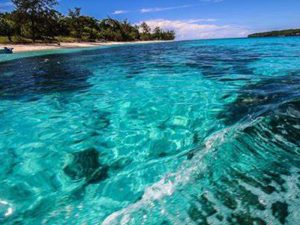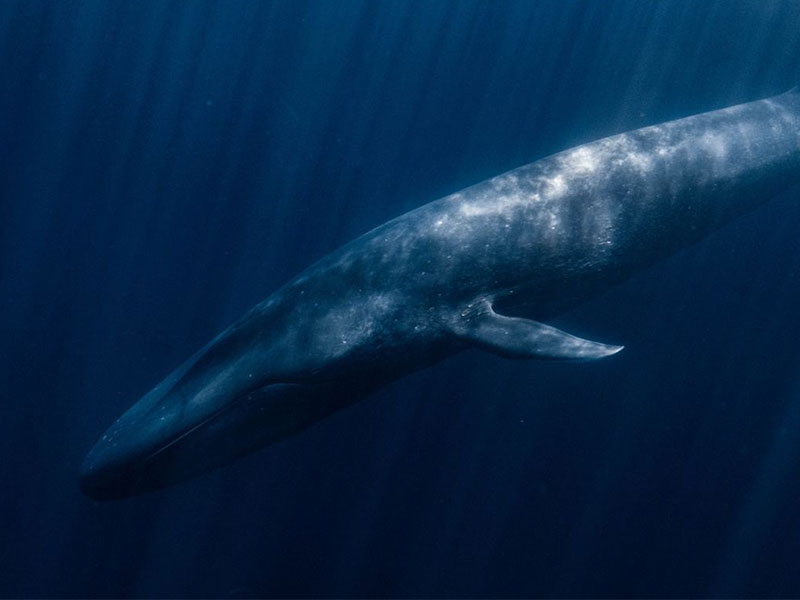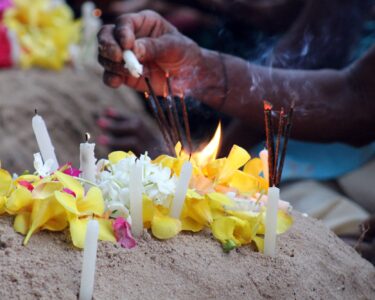Bafta award-winning cameraman Patrick Dykstra recently told travel journalist Michelle Jana Chan, who was on the beaches of Timor-Leste while working on a marine life documentary.
said that until recently, the best place to swim with blue whales was Sri Lanka, but now they haven’t shown up for four or five years.
“Some attribute their disappearance to climate change, its effect on currents and sea temperatures,” he said. “But it was also an unregulated industry with way too many boats and some operators really harassing the animals.”
Patrick and Jana were able to spot a pod of 40 pilot whales, confirming that the mighty marine creatures are undisturbed in the seas of Timor-Leste.
“Some of the most powerful movements of water on the planet, a current that connects the Indian and Pacific Oceans on a zigzag through the archipelagoes of Indonesia and the Philippines. Astonishingly, 80 percent of that water whizzes north past Timor. The sea is dramatically deep just offshore, several kilometers down, with underwater rocky shelves generating upwellings and pushing up nutrients, giving rise to feeding and migrating bottlenecks,” noted Janaa Cha
The marine biologists in the area are taking the whale population seriously.
President of the Marine Tourism Association of Timor-Leste, marine ecologist Karen Edyvade has established a field station near Dili, in cooperation with the National University of Timor-Leste and Charles Darwin University in Australia. “Ten years ago we knew almost nothing about what was going on in these tropical waters,” she said. “Now we’ve got amazing data sets, especially for blues and sperms.”
“It proves the country can move towards ecotourism and away from an economy almost entirely dependent on oil revenues.”
This is what the president of the country, José Ramos-Horta, who won a Nobel Peace Prize in the 1990s and survived an attempted assassination attempt a dozen years later, taking a bullet to the stomach, had to say to travel Journalist Michelle Jana Chan
“I’m 100 percent ready to support the protection of our marine environment, to prevent further damage,” he said, before adding resignedly, “But I’ve been talking for years about a joint maritime security policy with Australia and Indonesia, and they just drag it on.” There are political differences, inevitably, but don’t dismiss the oil and gas reserves in the Timor Sea.
Karen Edyvade observed how Sri Lanka got it wrong and how the whales disappeared:
Janas boat driver Ricardo Marquez said he and others are banking on his country making some good choices as they leave subsistence fishing and farming for tourism; they aim to become boat operators and open homestays and eateries. “But I do worry the whales are going to leave,” he told me. “We’ve been talking for a long time about how to manage operations, but we still have no regulations.”
“What we need is training and accreditation,” Karen Edyvade reiterated. “Right now, anyone can jump in a boat and swim next to a whale; no minimum distance is required. Sri Lanka got it wrong. We cannot get it wrong.”








